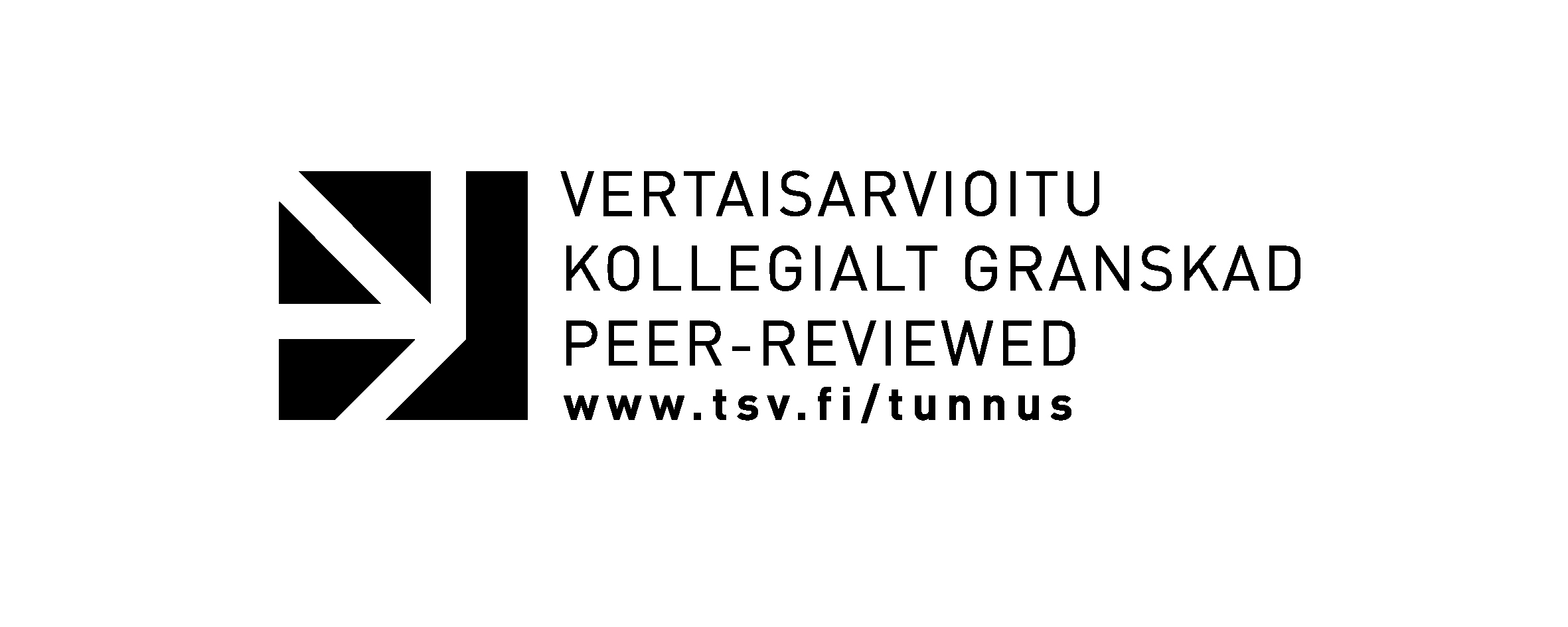Tradition and Cultural Analysis
perspectives on the continuity of ethnological research at the University of Helsinki
Abstract
A few years ago, a group of my students joined some students from the University of Turku on a field expedition to the Mari Republic in Central Russia. One of the students even decided to write a doctoral dissertation on traditional Mari weddings. Without succumbing to pathos or rhetoric, one is forced to note that tradition lingers on. What I am referring to is scientific tradition, or continuity. Since its establishment in 1921, the field of my chair has been Finno-Ugric ethnology. The second holder of the professorship - I am the fifth appointee - was Albert Hämäläinen, who published his dissertation in 1913 (Hämäläinen, 1913). ln the dissertation, Hämäläinen discusses, among other things, Mari wedding customs based on observations made during his own field expeditions. lf Finnish ethnology had not followed the German variety by defining its field on the basis of language relations, the Finno-Ugric peoples of Russia would not have been of interest to Finns at the beginning of the 20th century, or the 21st century for that matter. If it were not for this tradition, Matti Pöllä would not have written his study on eastem Karelian families from the 17th to the 19th century (Pöllä, 2001). ln his study, Pöllä merges the ethnological and socio-historical viewpoints by drawing on both contemporary depictions and Russian archive material. Similarly, Hanna Snellman's study Khants' Time (Snellman, 2001) could not have been written if the Finno-Ugric tradition did not exist. Snellman analyses U.T. Sirelius's notes to determine his view of the conception of time among an arctic ethnic group which had only recently begun to be influenced by European culture. Sirelius was the first professor of Finno-Ugric ethnology, and as a young Master's degree-holder at the end of the 19th century, he collected material among the Khanty of northwestem Siberia, who spoke a language related to Finnish and were thus related to Finns.







